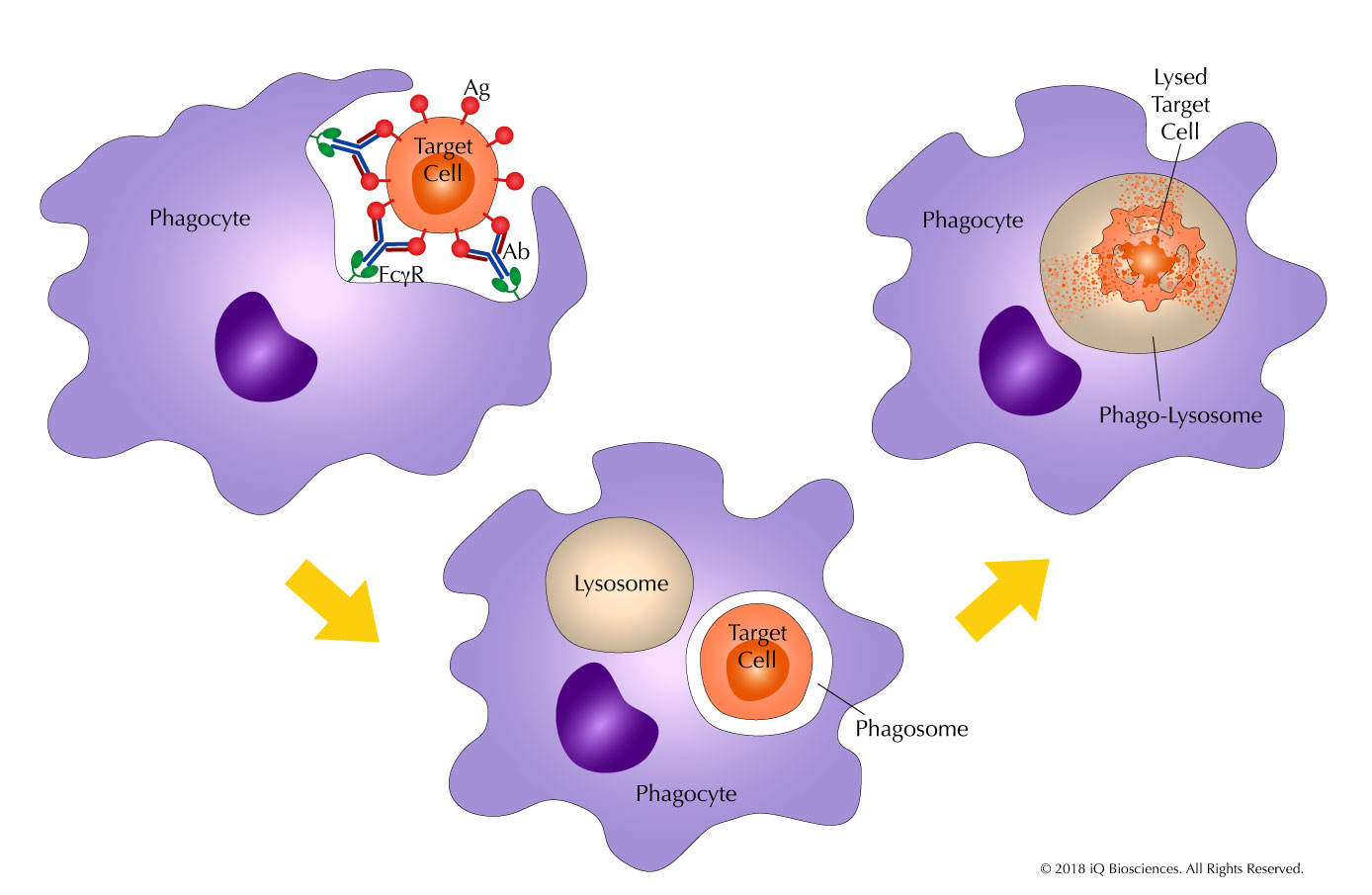ADCP: The Covert MoA for Therapeutic Antibodies You Need to Know About (Part 2)
In our previous blog, we discussed antibody-dependent cellular phagocytosis (ADCP), a mechanism of action for therapeutic antibodies that is becoming increasingly appreciated. In vitro and in vivo experiments show that ADCP, a process where phagocytic cells ingest and lyse opsonized target cells, can clear lymphoma cells in the presence of therapeutic antibodies. To harness the potential of these antibodies, researchers have sought to determine the factors that influence ADCP. What are 3 currently known factors that can impact ADCP? Phagocytic Effector Cell Subtype - Like mentioned above, ADCP is performed by phagocytic cell types that include monocytes, macrophages, [...]

